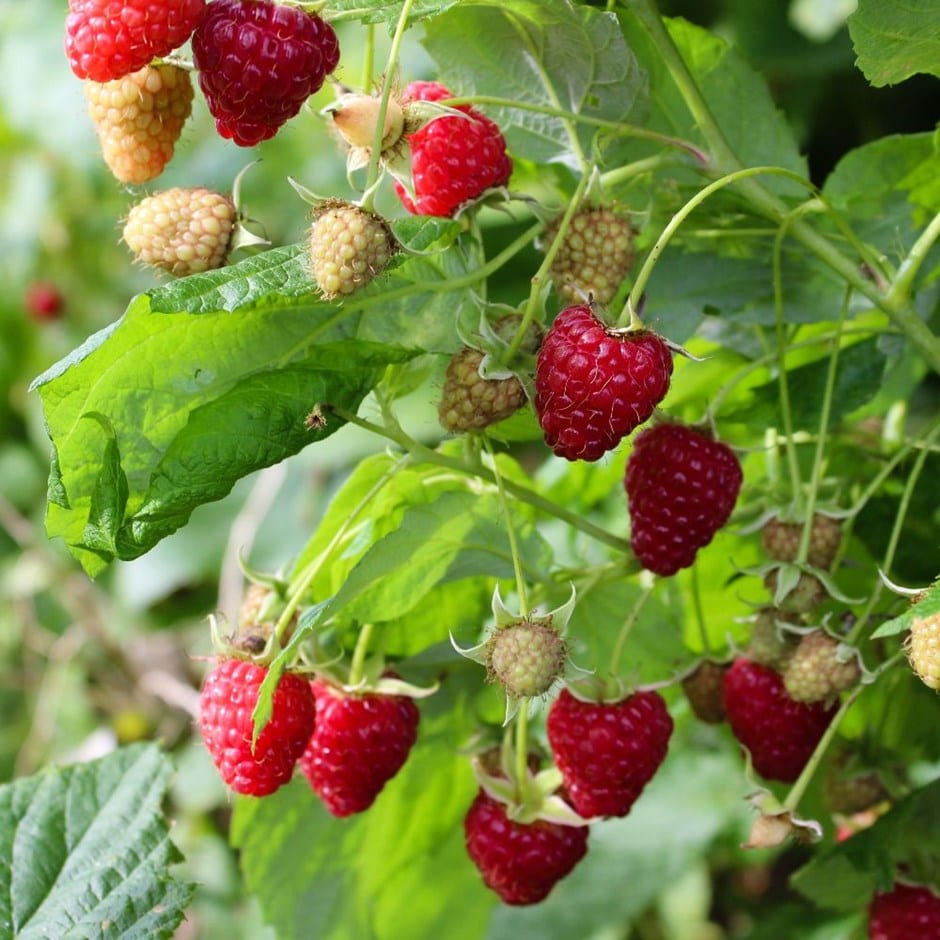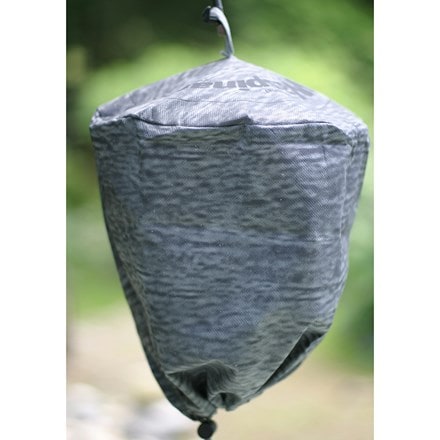raspberry 'Malling Jewel'
raspberry - summer fruiting
- 10 + 5 FREE bare root canes
- £33.98 £50.97
- In stock (shipped within 3-5 working days)
- 5 × bare root canes
- £16.99
- In stock (shipped within 3-5 working days)
Delivery options
- Standard £5.95
- Position: Full sun
- Soil: Moderately fertile, moist but well-drained soil
- Rate of growth: Average to fast
- Hardiness: Fully hardy
Often considered one of the best summer-fruiting raspberries, the large and juicy fruits of this award-winning form, tend to retain their firmness for at least week after ripening. Their flavour and deep red colouring are also exceptional, which makes them prefect for eating fresh or adding to tarts or puddings.
The plants are supplied as bare-root canes, so it is important that they are planted out as soon as they arrive. If this is not possible, they can be heeled in temporarily (covering their roots with soil) or potted up. Before planting, soak the roots in a bucket of water for half an hour and prepare the ground well, removing all perennial weeds and adding plenty of well-rotted garden compost or manure. The canes will need to be tied onto a sturdy support, so if you have the space, hammer in two robust tree stakes about 3m apart and string two or three heavy-gauge wires between them. Autumn fruiting raspberries tend to be shorter and bushier, so may not need as much height as the summer-fruiting types. In smaller gardens you can grow them against a fence or up a single tree stake. Dig a wide, shallow trench, sprinkle with bonemeal and plant the canes at 45cm intervals, (subsequent rows should be 1.8m apart), carefully spreading out the roots and back-filling with soil. You should be able to see the old soil mark on the stems, so aim to replant the same depth. After planting cut the canes back to around 15cm from their base and apply a generous layer of mulch in spring. As the new canes emerge, they can be tied onto their support as they grow. Feed during the growing season with a general purpose fertiliser and water regularly during the summer. You may need to protect the ripening fruit from being eaten by birds. Plants fruit on one-year-old wood, so the new canes need to be separated from the fruiting ones. The easiest way to do this is to tie in the new canes onto one side of the wire, keeping the fruiting stems on the other. After cropping, cut the fruiting canes down to the ground and tie in the new ones that have grown that year.

